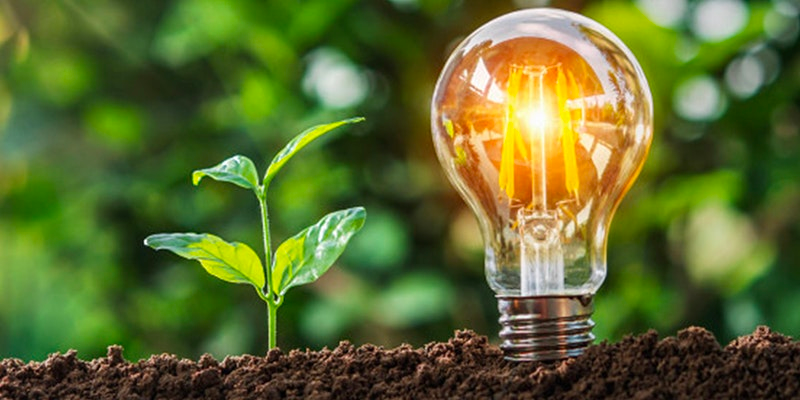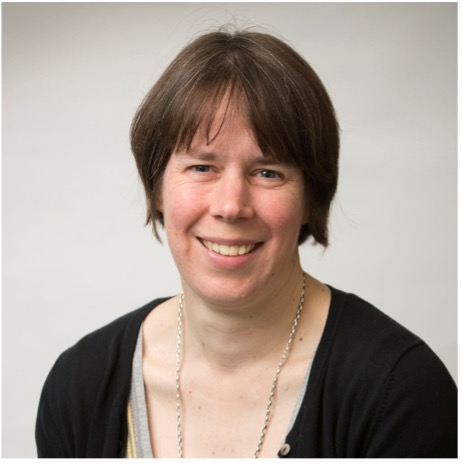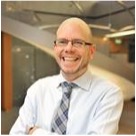Low-carbon energy: essential solutions from international case studies

Australia is amongst the three highest greenhouse gas emitters per capita in the world. The Paris Agreement and 2021 United Nations Climate Change Conference point to an urgent need to embrace more sustainable practices. A low carbon energy future is central to achieving this outcome.
In this webinar, Associate Professor Fleur Loveridge from the University of Leeds, and Michael Chendorain from Arup will highlight international best practice for low carbon energy technologies, and will discuss solutions that will contribute to Australia’s future low carbon energy, construction, and mining industries.
Prof. Loveridge works across industry and academia in Europe and will present on the capacity for low carbon heat from infrastructure. Space heating alone accounts for 40% of energy use and 20% of CO2 emissions in the UK. Tackling heating and building cooling demands is critical to the UK achieving its net zero ambitions. The most energy efficient way to decarbonise heating and cooling is through ground source heat pumps (GSHP) and district technology. However, capital costs are often high. The innovative use of buried infrastructure as sources and stores of thermal energy is proposed to reduce investment costs. Yet, there remain barriers to this technology including a lack of knowledge about the actual net amount of recoverable energy and impacts on the primary function of any buried infrastructure. This technique also requires new investment and governance strategies integrated across the energy and infrastructure sectors.
Prof. Loveridge will share with us an assessment of the scale of the opportunity for thermal energy recovery and storage linked to new and existing buried infrastructure in the UK, along with strategic measures to help reduce barriers and start on the journey to achieving the energy potential of buried infrastructure.
Michael Chendorain is Associate Director at Arup and Global Lead for Geothermal and Groundwater Engineering. He will discuss his GSHP experience in the UK, North America, and other places around the world. Drawbacks, benefits, and profitability will be debated.
This webinar is organised by the bidding committee of the Australian Research Council (ARC) industrial transformation training centre on Sustainable Energy Geotechnics for Climate Adaptation. This initiative aims to combine ground technologies with digital enablers to develop a more profitable, sustainable, and low carbon energy future.
Speakers

Associate Professor Fleur Loveridge
University of Leeds, United Kingdom
Fleur is a Chartered Engineer and a Chartered Geologist with twenty years’ experience in civil engineering. Fleur graduated from the University of Oxford in Earth Sciences and the University of Leeds in Engineering Geology. She then spent the best part of a decade as a consulting engineer working on projects such as the Panama Canal Third Set of Locks Project. In 2012 Fleur completed her PhD on the "Thermal performance of foundation piles used as heat exchangers in ground energy systems" at the University of Southampton. In 2013 she became a Lecturer at Southampton before being awarded a five-year Research Fellowship from the Royal Academy of Engineering. She joined the University of Leeds as a University Academic Fellow in 2016. Fleur contributed to the Ground Source Heat Pump Association Thermal Pile Standard and is a member of the International Society for Soil Mechanics and Geotechnical Engineering Technical Committee on Energy Geotechnics (TC308), where she leads the Task Force on Energy Geostructures.

Michael Chendorain
Arup, United Kingdom and Singapore
Michael leads Arup’s global geothermal and groundwater engineering practices, significantly contributing to Arup’s core ethos which is to “shape a better world”. Arup is a global multidisciplinary engineering consultancy with more than 15,000 employees and was founded in 1946. Michael is experienced in complex hydrogeological and geothermal engineering issues, including contaminated land, construction and dewatering, and deep geothermal systems. Michael has more than 20 years of experience in hydrogeology and environmental engineering. Three of those years were also involved in academic research projects. He led shallow GSHP design for projects in UK, North America, Europe, and China; and is a former council member of the UK’s GSHP association. His technical capabilities include groundwater flow and contaminant transport modelling; dewatering system design; aquifer; contaminant remediation engineering; risk assessments (including vapour intrusion evaluations); Environmental Impact Assessments; and geothermal energy system design.